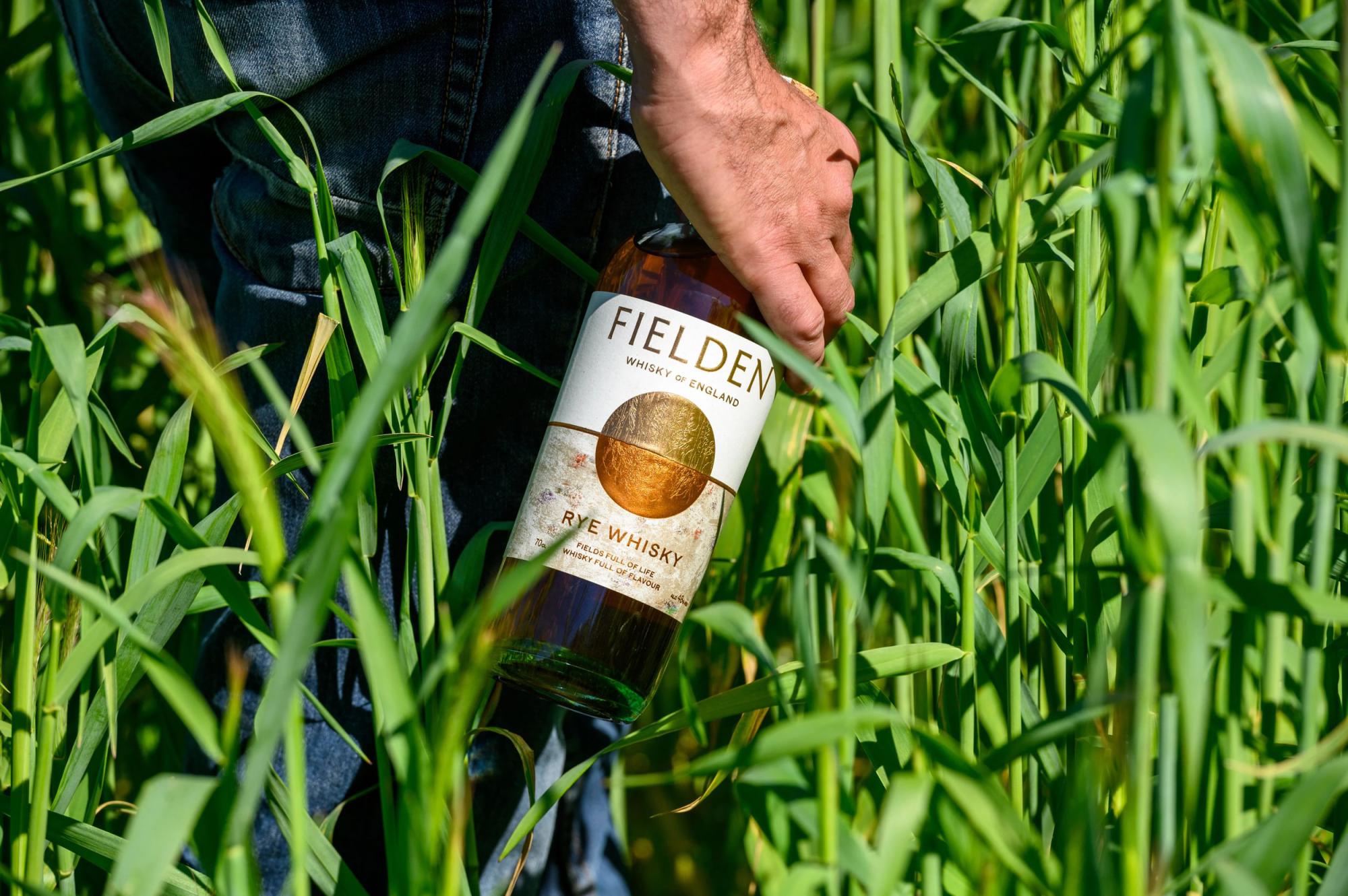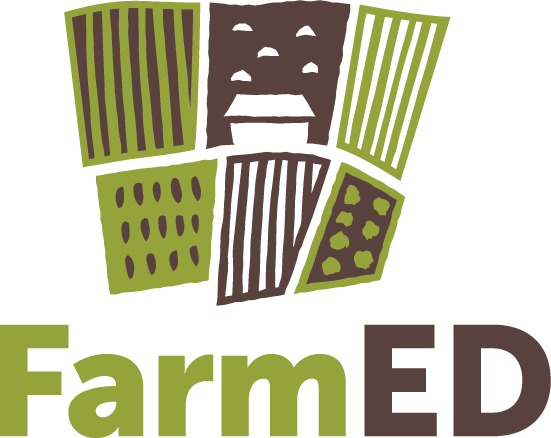Regenerative Whisky at FarmED
Jul 15, 2025

Regenerative agriculture is a term used to describe farming methods that aim to restore and improve the health and fertility of the soil, increase biodiversity, ensure livestock welfare and strengthen communities. The concept of regenerative whisky is built on the same ethos and at FarmED we are working with regenerative whisky producers, Fielden, growing a couple of acres of their barley as a demo plot.
Fielden, originally the Oxford Artisan Distillery, rebranded a couple of years ago to focus on whisky. The company works directly with farmers, effectively commissioning them to grow crops on their land. They are currently in partnership with around 20 farmers covering approximately 2000 acres.
‘It’s a similar model to a community supported agriculture scheme,’ explains Dr Emma Burnett, who is currently researching environmental and economic sustainability of grain production for distilling at Fielden. ‘What we are doing is procurement-supported agriculture. If there’s a crop failure or something goes wrong, the farmers still get paid, which is important for us too because at least you know there will still be a farmer to grow your crops next year.’
Fielden provides the farmers with the grain they need to grow for distilling, which is predominantly rye, barley and wheat, with a different protein and chemical composition to what’s used for baking.
‘The farmers return the crop to us, and most of it goes to make whisky, but we also save some which goes back into next year's planting. We often work at a small scale, especially for single cask runs. All we ask is that farmers who work with us are happy to sign up to our set of practices.’
Farmers sign up to Fielden’s No Chem Regen promise which means no agrochemical additives. The heritage grain is grown with a permanent understory of short white clover, which (mostly) doesn't compete with the grain and has all the added benefits that clover brings to soil health. Ideally the clover is sown in advance, but it can be oversown after the crop is in the ground.
‘We're working with other researchers and with Cotswold Seeds, looking at diversifying the clovers so we don't just have a monoculture understory,’ says Emma.
Tillage is discouraged, unless a field is being converted. Once the crop is in the ground the clover is left in so soil disruption is very limited. It’s a min-till or no-till system with as little intervention as possible.
‘We’re trialing using the fields year on year, rather than leaving a break in between, using the grains themselves as break crops,’ explains Emma. ‘You could potentially grow rye for a couple of years, then barley, followed by wheat and then rye again.’
Emma says working with FarmED was a natural fit because both organisations share many of the same regenerative principles.
‘We had been looking for the opportunity to put another food crop in the rotation at FarmED,’ says farmer and Founder, Ian Wilkinson. We’re already growing wheat and rye, but we haven't grown barley for many years. And at the same time, Fielden were looking for somebody to grow barley for their malting process.
‘The barley was planted in early April and then there was no rain for two months so it went into a very difficult dry seedbed but fortunately it went in early enough to utilise the moisture that was in the soil. It’s undersown with clover for nitrogen fixing. There was clover underneath it anyway because we grew clover in that field so there's a residual effect which leaves fertility for the barley to grow, without the need for fertilisers and pesticides. We don't know what there will be in terms of yield in August, but we wouldn't expect a big yielding crop from a spring sown crop anyway. But Fielden are paying us to grow it by the acre so yield isn't our primary driver, which is to grow in a sustainable way. We're getting paid for growing a crop to make food and drink and we’re adding diversity to our income as well as to our rotation with a spring sown crop.’
Food security is part of the ethos of the company, as Emma explains.
’A lot of whisky producers buy in their grains for malting or distilling, or they buy in the white spirit to process, but there’s an insecurity in the economic model. We saw this when Ukraine was invaded and the supply chain broke down. In this situation, prices are driven up and farmers convert to growing grain for bread rather than for distilling. The way we operate means we have control over the supply chain, as well as the agency to experiment and innovate; we can grow more interesting grains.’
Fielden Whisky is sold online on all of the major whisky platforms, like Master of Malt as well as being available in many bars and restaurants, in London, Oxford, Edinburgh, Glasgow, Manchester, Liverpool.
‘It’s a premium spirit and it's very mixable,’ says Emma. ‘You can have it however you want. I like to have a drink, and I like to not feel bad about it. It’s responsibly sourced whisky, produced with total transparency, which holds farming at the centre of its mission.’
Recent news items




